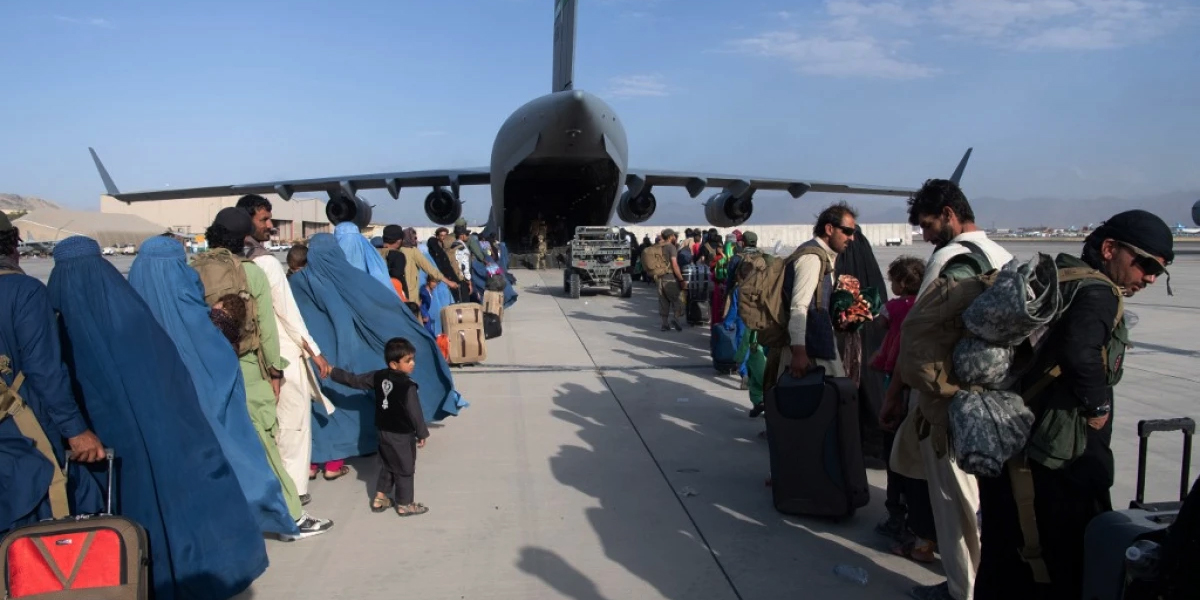“The decisions of both President (Donald) Trump and President (Joe) Biden to end the U.S. military mission in Afghanistan had serious consequences for the viability of the Afghan government and its security.”
The recently released after-action report by the Biden administration sheds light on the military withdrawal from Afghanistan. The report, which was largely redacted, highlights several key issues regarding the planning and execution of the withdrawal that contributed to the chaotic aftermath. It reveals that there was insufficient consideration of worst-case scenarios and a lack of anticipation for how quickly the situation could deteriorate. Surprisingly, most estimates up until the fall of Kabul suggested that the Afghan government and its forces could hold the city for weeks or even months.
One of the major shortcomings outlined in the report was the lack of clarity regarding leadership for the noncombatant evacuation operation (NEO). It states that it was unclear who in the Department had the lead on this critical operation, suggesting a lack of coordination across different lines of effort. The report suggests that designating a senior official on the 7th floor to oversee all elements of the crisis response could have improved coordination.
The report also highlights the challenges posed by constantly changing policy guidance and public messaging from Washington. This caused confusion on the ground and failed to align with the realities of the situation. Additionally, the review discusses external factors that impacted the State Department’s response, including the deal struck by former President Donald Trump with the Taliban, which sidelined the Afghan government. The report also mentions the dearth of relevant Senate-confirmed officials at the State Department and the compromised adjudication process for special immigrant visa applicants, which further complicated the response effort.
While the report acknowledges the adversity faced by diplomats and civilian officials during the evacuation, it has been criticized for being overly optimistic and deflecting blame. Experts argue that it fails to address the gravity of the situation and downplays the negative consequences of the withdrawal. The report’s recommendations mainly focus on improving crisis management capabilities within the State Department, including appointing a single person to lead specific response efforts and conducting more planning exercises. It also emphasizes the need for enhanced crisis communications.
The timing of the report’s release, just before a holiday weekend, had raised concerns among critics. Some argue that it is a deliberate attempt by the administration to minimize public attention and scrutiny. Critics, including those working for Republican House Foreign Affairs Committee members, believe that the report’s upbeat tone and modest recommendations do not align with the reality of how the U.S. effort in Afghanistan ended.
The State Department claims that the report is available to the public and was provided to media outlets upon request, stating that the information it contains is important at any time. However, questions regarding the National Security Council’s knowledge of and approval for the release plan remain unanswered. Critics argue that the timing and handling of the report suggest an administration seeking to sweep the Afghanistan withdrawal disaster under the rug.
Read More..
